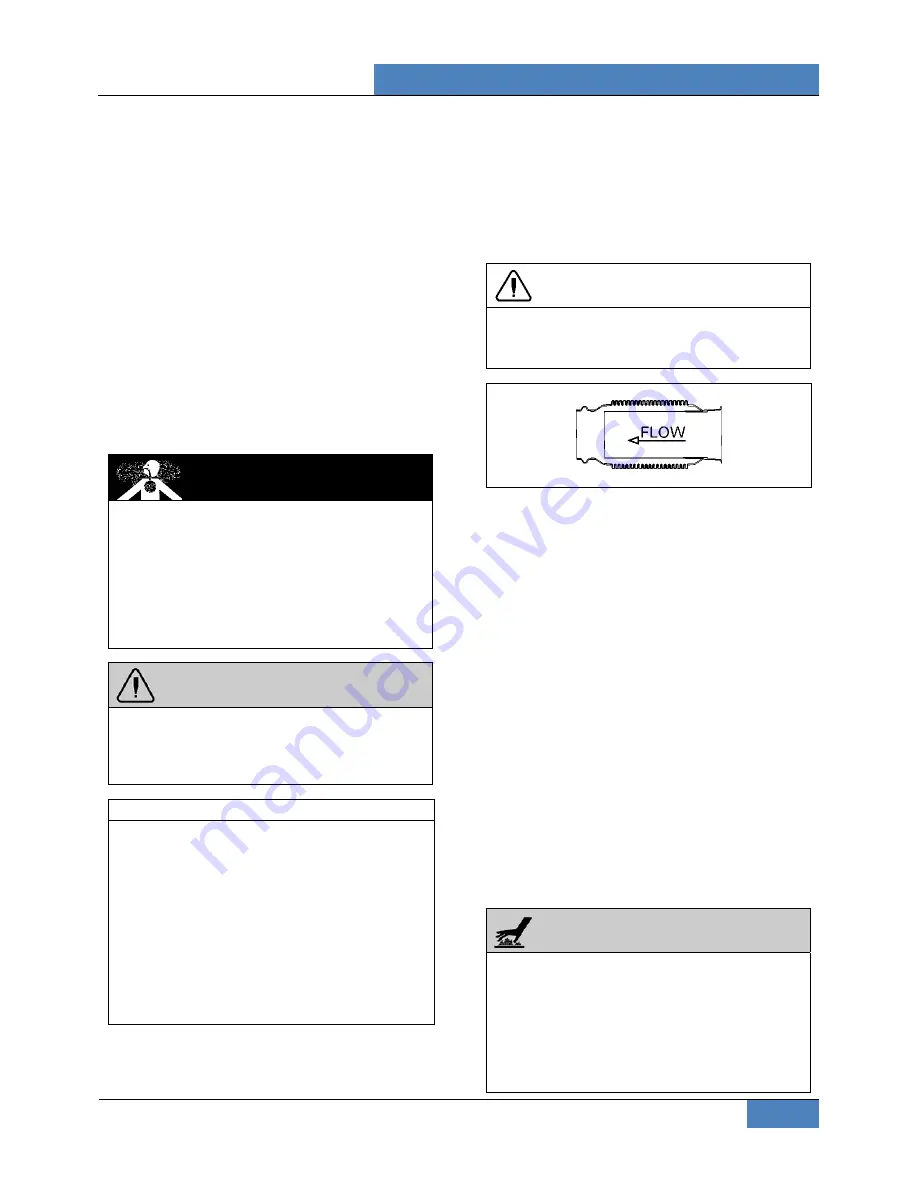
SECTION 04: EXHAUST AND AFTERTREATMENT SYSTEM
DOB 2490-2789 | X3-45 Commuter PA1605 Maintenance Manual (Final Version – Rev.2 April 2016)
3
damaged or corroded exhaust components
immediately.
Inspect the exhaust system as follows:
At vehicle inspection intervals ;
Whenever a change is noticed in the sound
of the exhaust system ;
When components close to the exhaust
system get unnaturally dirty ;
Whenever the exhaust system is damaged.
Replace damaged or corroded exhaust system
components without delay.
When operating the engine in a service garage or
in a closed area, the exhaust must be vented to
the outside. Place the shop vent hose over the
exhaust outlet pipe.
DANGER
Avoid breathing exhaust gases since they
contain carbon monoxide which is odorless and
colorless but harmful. Carbon monoxide is a
dangerous gas that can cause
unconsciousness and can be lethal. If, at any
time you suspect that exhaust fumes are
entering the vehicle, locate and correct the
cause(s) as soon as possible.
WARNING
Diesel engine exhaust and some of its
constituents are known to the State of
California to cause cancer, birth defects and
other reproductive harm.
NOTE
The key to successful regeneration is high
exhaust temperature for an extended period of
time. For this reason, insulating blankets must
remain permanently on the exhaust system.
If insulating blankets are removed from the
system, the exhaust gases temperature may
not be high enough to permit efficient
particulate oxidation during passive
regeneration, resulting in increased fuel
consumption due to overuse of active or
stationary regeneration.
1.2 FLEXIBLE COUPLING INSTALLATION
The flexible coupling contains a rigid interior
pipe (Figure 2). To allow appropriate flexibility
once installed, be sure interior pipe is concentric
to flexible part and that the flexible coupling is
straight when installed. This piece of equipment
handles vibration and thermal expansion.
CAUTION
Adequately support the exhaust system line.
The load of the exhaust line
must not
be
transferred to the turbocharger.
FIGURE 2: FLEXIBLE COUPLING
04022
2.
DIESEL PARTICULATE FILTER (DPF)
Besides trapping soot, the
DPF
(
Diesel
Particulate Filter
) also traps the ash that has
been generated when additives in engine oil are
burned. However, unlike soot, ash cannot be
oxidized. The ash that accumulates in the filter
will eventually cause an increase in exhaust
back pressure. EMS will constantly monitor the
ash accumulation and forecast the approximate
time until DPF ash cleaning is required. This
allows you the opportunity to plan for the DPF
ash cleaning interval. If ash cleaning is not
performed proactively, and the back pressure
increases beyond the system limit, EMS will flag
the amber warning light on the telltale panel,
notifying the operator that an ash cleaning is
required. Clean remanufactured DPF cartridge
will be available through Prevost on an
exchange basis. For most commuter vehicle
applications and duty cycle, this will occur after
approximately 4500 hours of operation.
WARNING
HOT SURFACES
Keep yourself clear of hot Aftertreatment
System surfaces, particularly during and after
active or stationary regeneration. Hot surfaces
can cause serious burns.
Make sure Aftertreatment System
components are cold before handling.







































